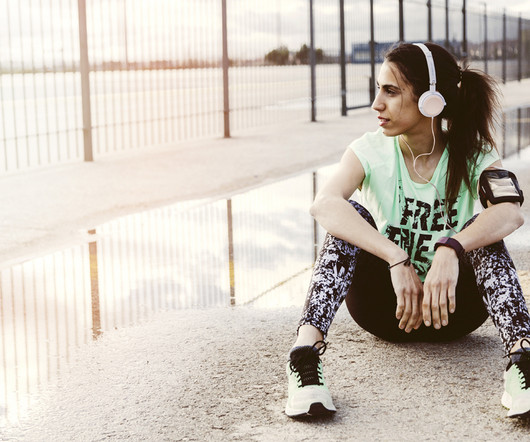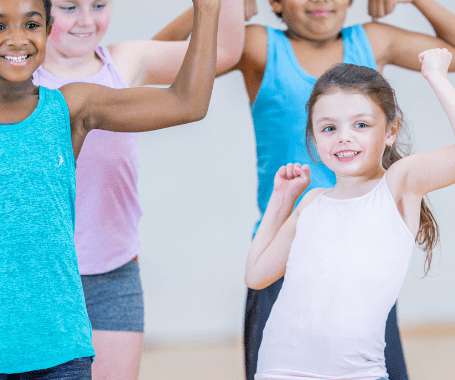How Music Can Help Athletes Recover from Sports Injuries
AASP
AUGUST 10, 2023
<p>When athletes experience a sport-related injury, there is usually a predictable process they will experience during rehabilitation. Once this stage of recovery is complete, the athlete is then considered healthy enough to return to their sport. Let us dive into the neuroscience of sport injuries.</p>











Let's personalize your content